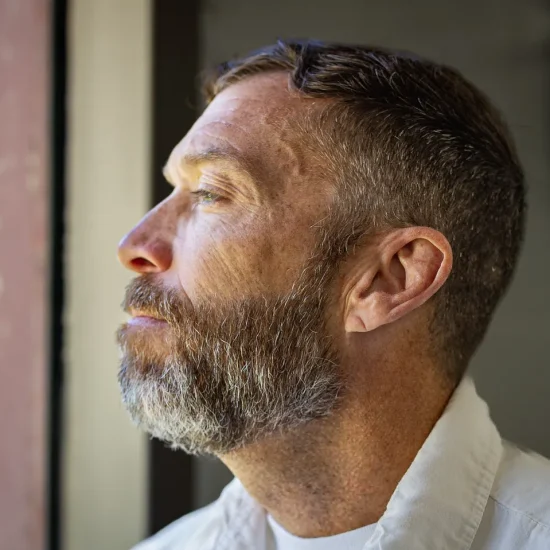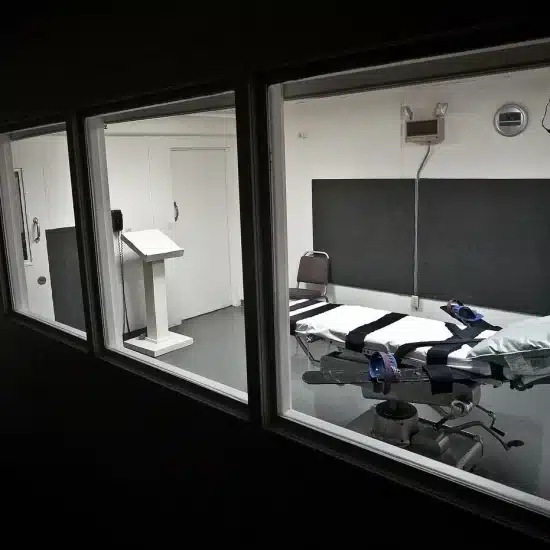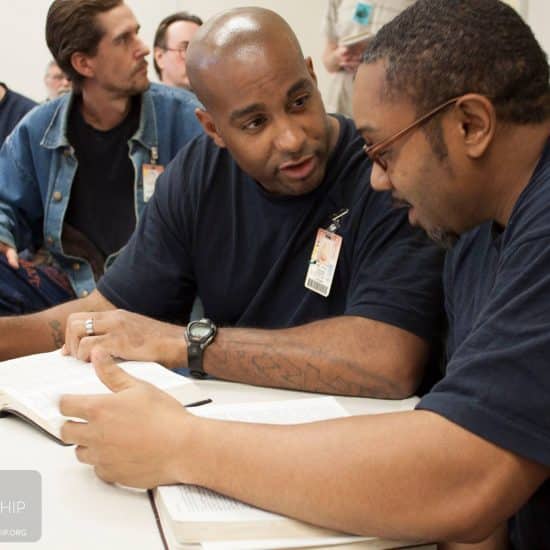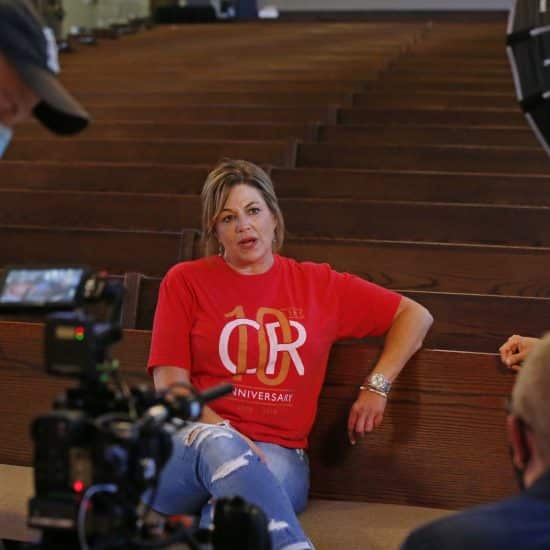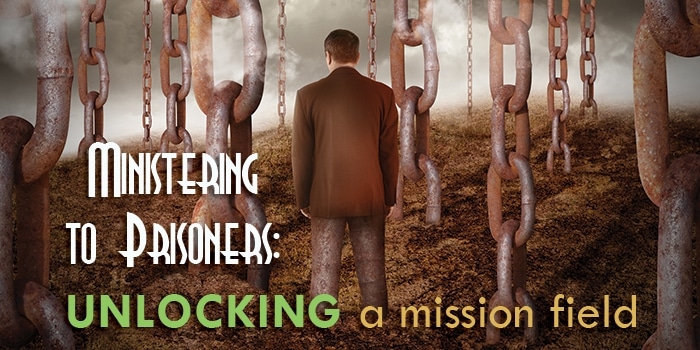
The United States locks up more people in prison — in raw numbers and in percentage of the population — than any other nation in the world. More than 2 million people are incarcerated in federal, state and county jails, with more than twice that number on probation or parole.
Prison numbers appear even more dramatically out-of-balance when looking at incarceration rates for African-American males and other minorities. With so many people in prison — or formerly in prison, Burton Barr believes “prison is a mission field.”
 Are prisons a mission field? (Shutterstock)“It’s a very needed ministry,” he said. “That’s a way to reach people.”
Are prisons a mission field? (Shutterstock)“It’s a very needed ministry,” he said. “That’s a way to reach people.”
As an associate minister at West Side Missionary Baptist Church in St. Louis, Barr leads the church’s prison ministries. He has also served in prison ministry leadership roles for the Missionary Baptist State Convention of Missouri and the National Baptist Convention U.S.A., Inc.
“Prison ministry has a direct mandate throughout the Bible,” Barr said, adding that prisoners and related topics are mentioned in the Bible over 130 times.
Involved in prison ministry for two decades, Barr visits several prisons on a regular basis. He also works with aftercare outreach to people recently released from prison. He called aftercare “one of the most important parts of prison ministry.”
“We can go in and preach and sing, but then when they get out if they don’t have the resources, a lot of them might resort back to the same old ways,” he explained.
Barr noted he experienced this problem personally. Although he grew up in the church and felt a call to ministry as a teenager, he “backslid” and ended up in prison. While incarcerated, a prison minister helped him return to God. Yet, after being released from prison, Barr found himself unwelcome at a church because he was an ex-convict. Eventually, he changed his path and now works at a church and ministers to prisoners just as a pastor once ministered to him.
Because of his own experiences, he hopes churches will recognize they “have to make sure people feel welcome and have resources for them and help them with whatever they need.” He said that while missions is often thought about as something done in Africa or Russia or somewhere else far away, Christians “can do ministry right here at home by ministering to people who are locked up.”
Barr urged people interested in engaging in prison ministry to get training and connect with others already involved. He emphasized one did not have to go into a prison to minister to inmates but could help with aftercare ministries or work with families of inmates.
He also encourages Christians to write letters to inmates since there are tens of thousands of inmates in Missouri alone who never receive a phone call or letter during their incarceration. Throughout it all, he hopes Christians will join him in proclaiming, “God still loves you” to those who “lost their way.”
Worshipping Behind Bars
David Tolliver, a long-time Missouri Baptist pastor, serves as institutional chaplain at the Jefferson City Correctional Center. He facilitates the religious meetings and service of various faiths. He said he spends much of his time in administrative tasks but particularly enjoys the opportunities to preach. Several times a week he also breaks the news to an inmate that a loved one has died.
“Probably the time I do the most ministry is when I’m talking with a person about a death in the family,” he said. “It’s a unique relationship that I have.”
Tolliver acknowledged that for many people, prison ministry can seem “unsettling or scary” but he quickly added, “It’s a rewarding ministry.” He said people who volunteer often say they got more out of it than the inmates, but the inmates disagree.
“It’s rewarding on all sides,” he said.
He specifically pointed to the worship services as a blessing. The services are often animated as the inmates who attend the services come “because they want to be here.” When he preaches there, he finds it takes twice as long to get through his sermon because the congregation joins in.
Tolliver encouraged Baptists interested in volunteering to call a nearby prison and ask to talk to the chaplain. Quoting Hebrews 13:3, he noted the biblical call to minister to those in prison.
“Continue to remember those in prison as if you were together with them in prison,” Tolliver said. “That is what Jesus did. He found the down-and-out, those in the greatest need and he ministered to them.”
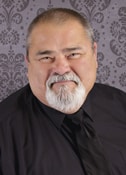 Ken HuntAnother Baptist pastor spending much of his time behind bars is Ken Hunt. He serves as pastor of Church of Hope, a congregation inside the South Dakota Women’s Prison in Pierre, S.D. As the pastor to this unique American Baptist congregation, Hunt leads multiple worship services and Bible studies. He spends most of his time at the prison counseling inmates.
Ken HuntAnother Baptist pastor spending much of his time behind bars is Ken Hunt. He serves as pastor of Church of Hope, a congregation inside the South Dakota Women’s Prison in Pierre, S.D. As the pastor to this unique American Baptist congregation, Hunt leads multiple worship services and Bible studies. He spends most of his time at the prison counseling inmates.
Hunt noted that “about 70 percent of our congregation is new every six months to a year.” Yet, even in that short time, he finds many ways “to show the face of Jesus Christ and introduce people to the gospel.” Last year, he baptized about 50 women in the church. He baptized another 10 in February.
“It is an open ministry field where people for the first time are exposed to the gospel of Jesus Christ and there’s great fruit to be borne from that,” he said. “What better thing can we do as Baptists than baptize new believers? There’s nothing cooler than realizing that the kingdom of God has increased and lives have changed. That’s what the heart of ministry is all about.”
Like Tolliver, Hunt noted worship in prison often includes more excitement and energy. Hunt encourages Baptist to visit a service and “to volunteer inside the prison in some way,” where “you will make a difference for life.”
“If you want to change a heart, volunteer for prison ministry,” he added. “Bring hope where there was no hope just by being willing to sacrifice a little bit of time.”

